-
Search -
Accessibility -
Members Login








This series will focus on practical ways of applying the Charter Commitments and sharing lessons learned on how the commitments can be translated into practice. The Learning Stream includes a series of webinars, starting with an overview of the Charter. All the webinars are open to anyone interested in improving their understanding of the Climate Charter.
The Learning Stream provides an opportunity to:
Climate change has caused natural disasters, food and water shortages, and health problems that greatly affect people’s livelihoods. While climate finance and humanitarian response share a common goal of reducing the occurrence and magnitude of crises, they have different financing mechanisms, resulting in significant gaps in coverage and poor coordination. As a result, those most affected by climate disasters are often neglected and left to bear the burden of climate change, becoming increasingly vulnerable to additional crises.
Allocating additional financial resources to address loss and damage, specifically aimed at preventing, reducing, and addressing the negative impacts of climate change, would primarily support countries impacted by climate change in their efforts to prepare for, recover from and rehabilitate after climatic events. Loss and Damage finance is therefore a supplement to, not a replacement for, existing humanitarian and climate finance.
The webinar explored how the climate finance and humanitarian response can better work together to respond to climate-related emergencies. The expert panel examined how climate loss and damage financing is related to humanitarian response, what the two sectors can learn from each other, and what lessons can be drawn from existing coordination efforts. This set the stage for more substantive dialogues between the two sectors about how to jointly support or advocate for Loss and Damage finance.
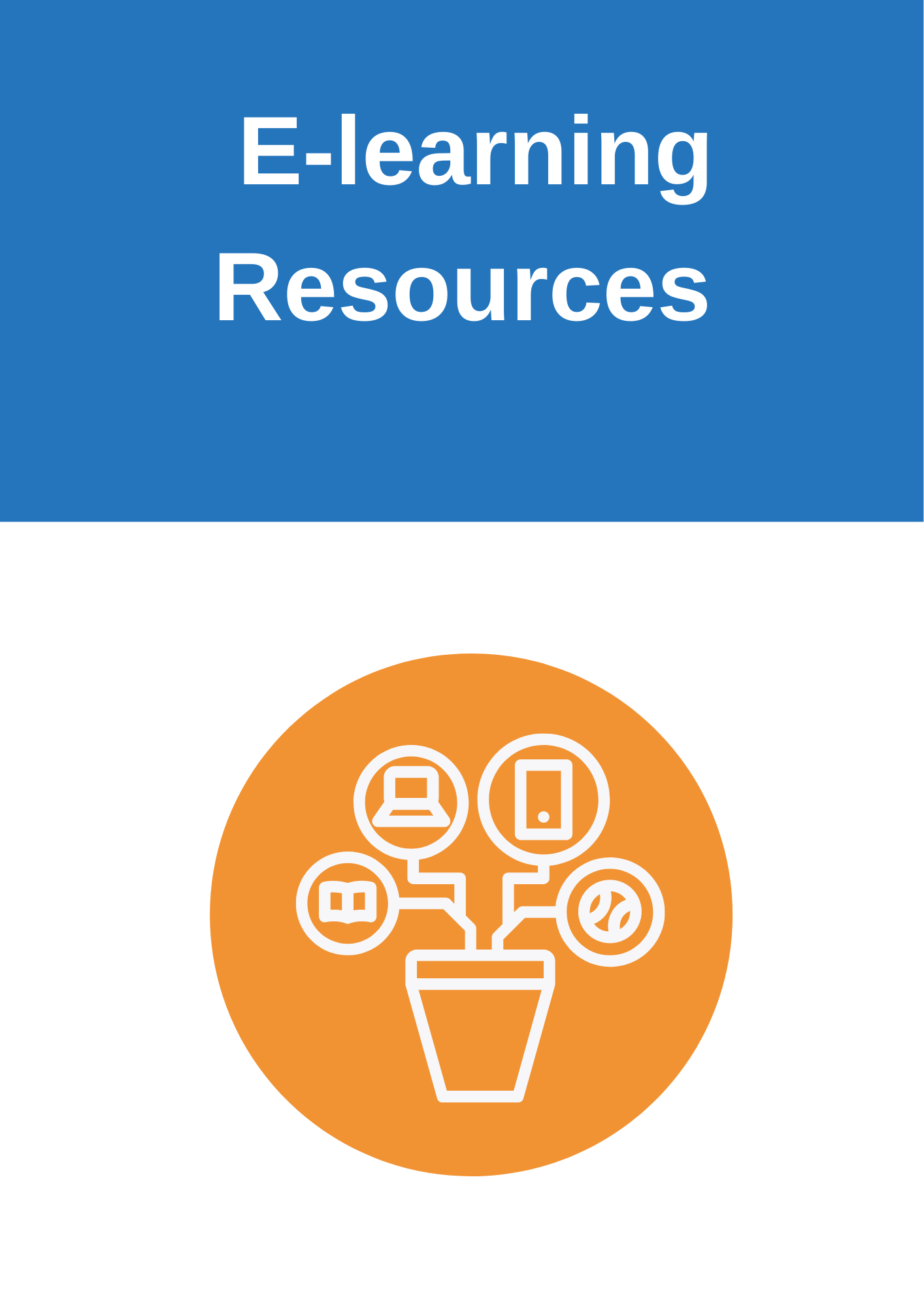
Check out presentations, resources and further reading related to the Climate Charter’s Topic 8 on Humanitarian Response and Loss and Damage Finance: Coordinating Action to Meet Rising Needs
The objective of the session was to improve the understanding of humanitarian actors/NGOs on what climate financing is, what it means in humanitarian contexts, including implications for humanitarian action.
The session examined some key questions:
The United Nations Framework Convention on Climate Change (UNFCCC) includes commitments regarding “Loss and Damage” (L&D) – the impacts of climate change to which those least responsible for climate change are not able to adapt. Action to address L&D under the UNFCCC aims to enable countries to recover and develop after a crisis and address slow-onset impact, but also to compensate people for what they have lost. The concept of L&D is rooted in the principles of climate justice: that those who have done the least to contribute to rising temperatures should not bear the costs associated with addressing it.
The session explored what Loss and Damage is and how it could support – and be supported by – existing humanitarian finance mechanisms. The session also explored the losses and damages experienced by individuals, communities, and governments and how adequate funding for loss and damage could reduce the impact of short-term, protracted, and slow onset crises.
Aims of the webinar:

Check out useful resources and further reading related to Topic 7 – Understanding Climate Change Loss and Damage and links to Humanitarian Action
The Commitment #6 of the Climate and Environment Charter for Humanitarian Organisations calls on organisations to use their influence to mobilise urgent and more ambitious climate action and environment protection. The Charter commits us to work together to foster ambitious action on climate change adaptation and mitigation and to ensure protection of those who are most vulnerable so that they are not left behind. The humanitarian sector is uniquely placed to influence legal and policy frameworks to better channel resources and attention towards vulnerable and at-risk people. We can leverage our presence, expertise, and insight to work with multilateral institutions, governments and other organisations to ensure that greater focus on the impacts of these crisis on communities and people we serve are taken into consideration at decision-making levels.
Over the last few years, we have seen a significant increase in awareness by the humanitarian community of the impacts of the climate crisis and humanitarian engagement in UNFCCC processes. Following COP26 last year, we saw a far greater presence of humanitarian actors, engaging and raising awareness of impacts of climate change on the most vulnerable. However, we as a humanitarian community need to further articulate what we see our collective role is in implementing solutions to the climate crisis.
The next UN Climate Change Conference (UNFCC) COP27 will take place in Sharm El-Sheikh in November this year. But how does COP27 relate to the work of humanitarian actors and how can they engage in the proceedings to make sure that the discussions take into account humanitarian needs?
This webinar aimed to:
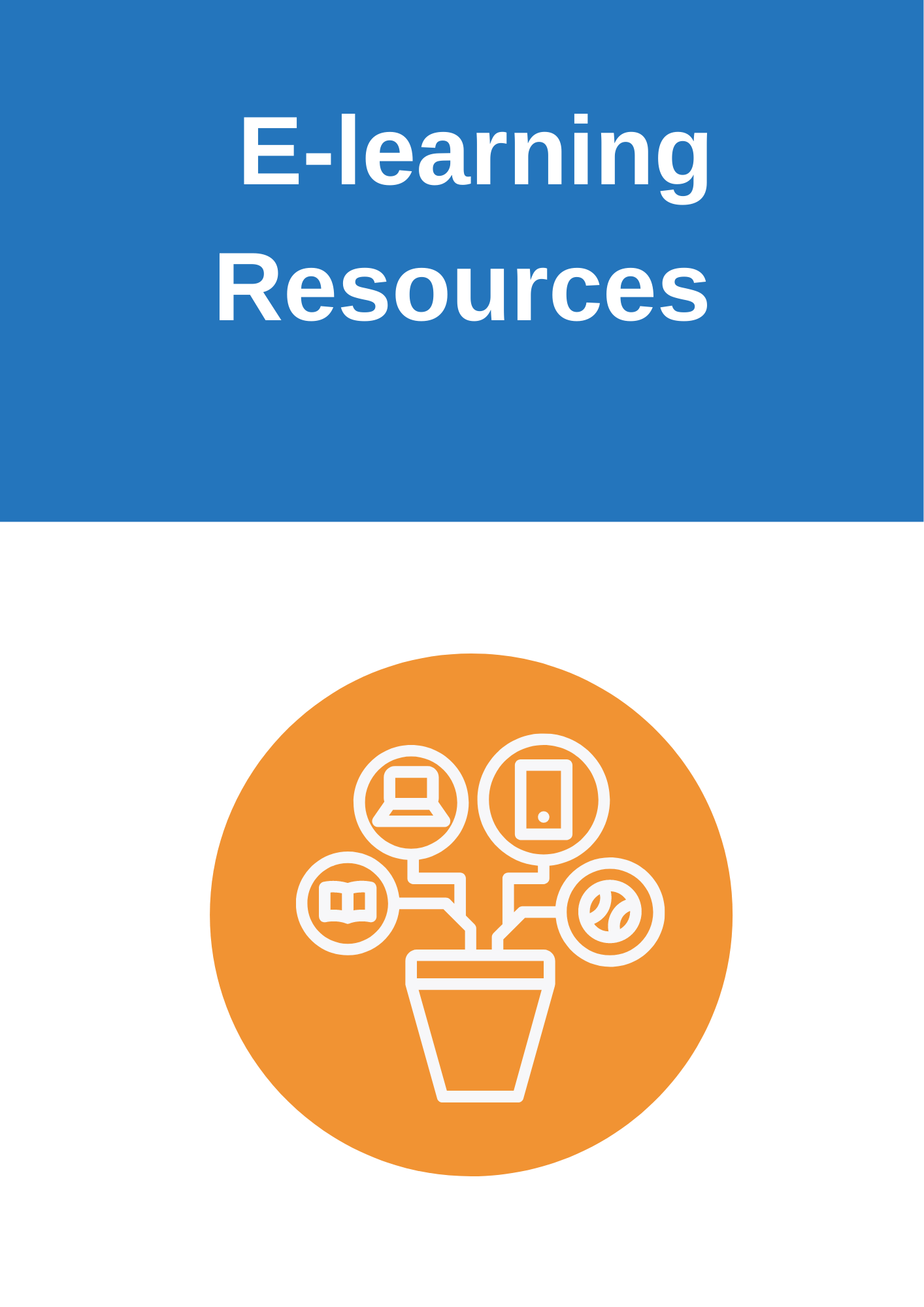
Check out useful resources including event polls and PowerPoint presentations around Commitment 6 of the Climate and Environment Charter.
Commitment #4 of the Climate and Environment Charter encourages organisations to better understand climate and environmental risks to calibrate responses adequately. Meteorological data and local and indigenous knowledge about patterns of variability should be used to provide risk analyses that are comprehensive, reliable, and relevant. In many places where humanitarian organizations work, relevant data can be scarce or unreliable, and collaboration across the humanitarian sector and beyond to address existing and emergent data gaps is critical.
This webinar provided insights on:

Check out useful resources around Commitment 4 of the Climate and Environment Charter.
Commitment #3 of the Climate and Environment Charter aims to embrace the leadership of local actors and communities by learning from traditional and indigenous knowledge on mitigation and adaptation measures, including nature-based solutions. We need to support and empower local communities so they can be better prepared for the impacts of climate change and environmental risks. On 17 March, ICVA and PHAP, held a webinar on Embracing the leadership of local actors and communities in climate action.
This webinar provided insight on the following:

Useful resources on embracing the leadership of local actors and communities in climate action.
As humanitarian actors are working towards reducing their environmental impact, it’s important to understand what tools are being developed and what initiatives are under way that can serve as a model for other organisations. ICVA and PHAP on 3 February held a webinar on Practical Tools and Initiatives for reducing Environmental Impact in Humanitarian Action. The webinar focused on practical tools and initiatives undertaken by organisations to reduce their environmental impact in humanitarian action.
This webinar shared lessons learned and responses to some of the following questions:
In our previous webinar, we gave an overview of how organisations can develop and implement environmental policies and strategies in line with Commitment 2 of the Climate Charter, and looked at challenges and opportunities, including some of the donor requirements and standards being put in place.
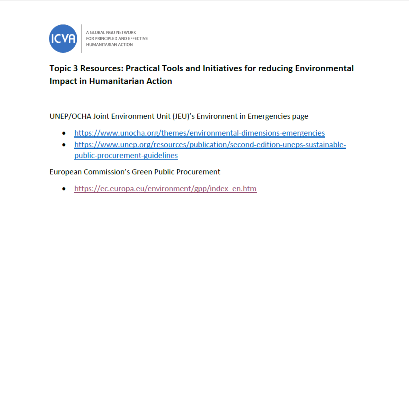
Useful resources on practical tools and initiatives for reducing environmental impact in humanitarian action.
In line with Commitment #2, and the principle of “do no harm,” we must work to maximise the environmental sustainability of our work. Organisations are looking into how to incorporate environment friendly programming and nature-based solutions in their humanitarian programming cycles. Furthermore, the commitment also indicates that organisations will measure and significantly reduce their greenhouse gas emissions, in line with global goals. Supporting high-quality emission reduction projects to offset unavoidable emissions will complement reduction efforts, but will not be considered a substitute for such efforts. Further, organisations are looking at how they can responsibly manage and use natural resources, including water, and reduce and properly manage the waste generated in their premises and by their programmes.
On 24 November 2021, ICVA and PHAP held a webinar with an aim to share an overview and initial lessons learned on some of the following questions:
Please read here the Guidance on the Commitment #2 of the Charter.
We are already witnessing how climate and environmental crises disproportionately impact communities in vulnerable contexts and situations. Regardless of what we do, these impacts will not disappear overnight.
Commitments #1 of the Charter calls on us to “Step up our response to growing humanitarian needs and help people to adapt to impacts of the climate and environmental crises.” It focuses on how we use climate change adaptation (CCA) methods, disaster risk reduction (DDR) in our programming, and anticipatory action to adapt our programs to better support and strengthen people’s resilience to current and future climate and environmental risks.
Many NGOs are already working to address climate change in and alongside vulnerable communities. To help organisations live up to their commitment, there are tools and resources available to guide NGOs in their work.
On 14 October 2021, ICVA and PHAP organised a webinar with an aim to share lessons learned and answer some of the below questions:
Please find the link to Guidance on the Commitment #1 of the Charter. Read here an Introduction to the Climate and Environment Charter for Humanitarian Organisations.
This webinar recording shares three organisations’ work to adapt to the impacts of the climate and environmental crises as well as tools or resources that NGOs can use to help address this issue.
The Charter sends a clear signal that humanitarian organisations have a key role to play in addressing crises faced by communities due to the climate and environmental crises. We must be a part of the solution by helping people adapt to a changing climate and environment, while also increasing our own environmental sustainability. This needs to be a collective endeavour, as it is clear that no organisation can tackle this alone. The Charter intends to guide humanitarian action in the face of these crises and their humanitarian consequences.
Serving as the starting point for the ICVA and PHAP Learning Stream on Climate Change and Humanitarian Action, this webinar introduced the Charter, which serves as an important reference point for the rest of the learning stream. It covered the following questions:
This webinar is an introduction to the Climate and Environment Charter for Humanitarian Organisations. The Charter serves as an important reference point for the rest of the learning stream.
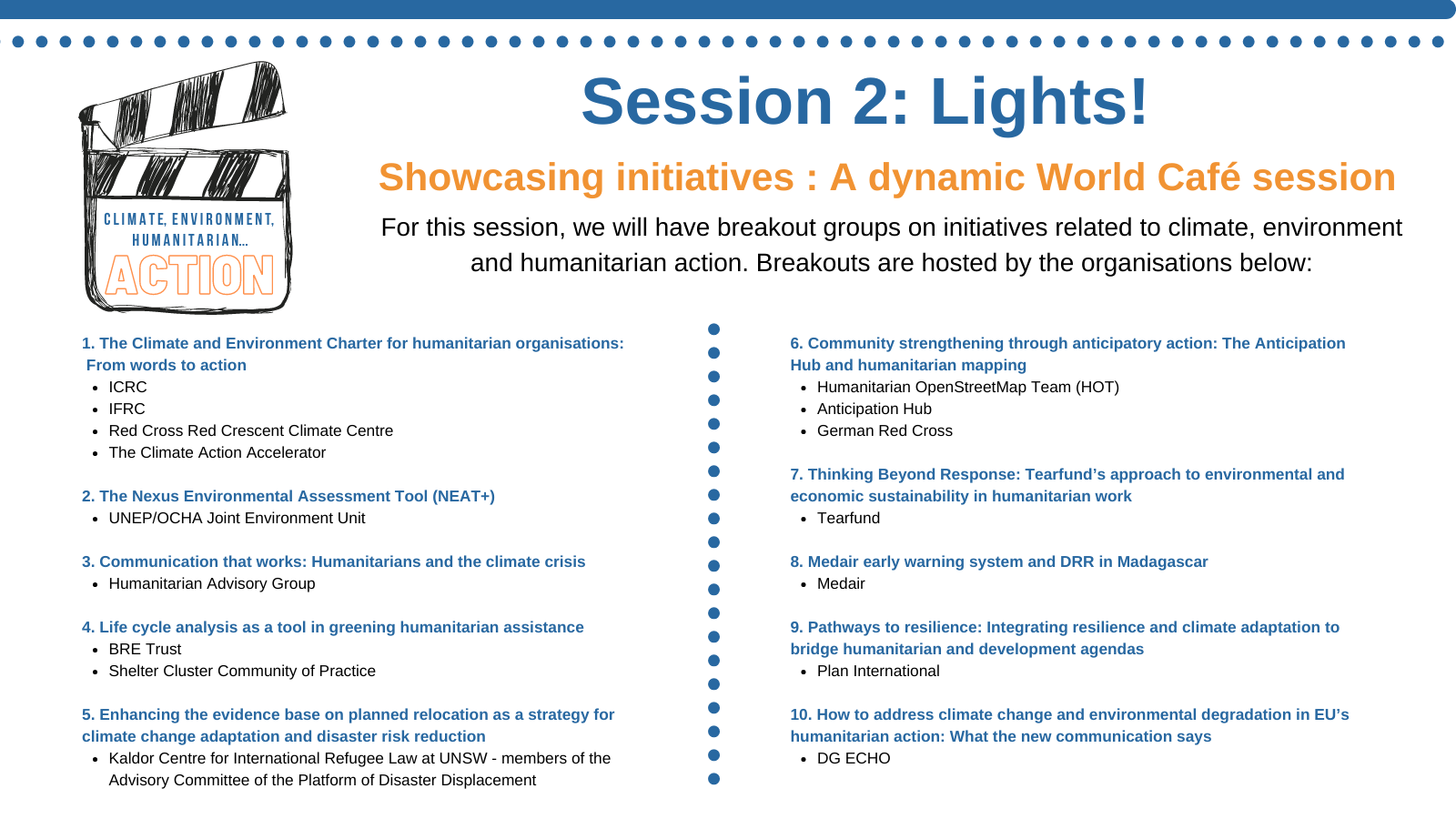
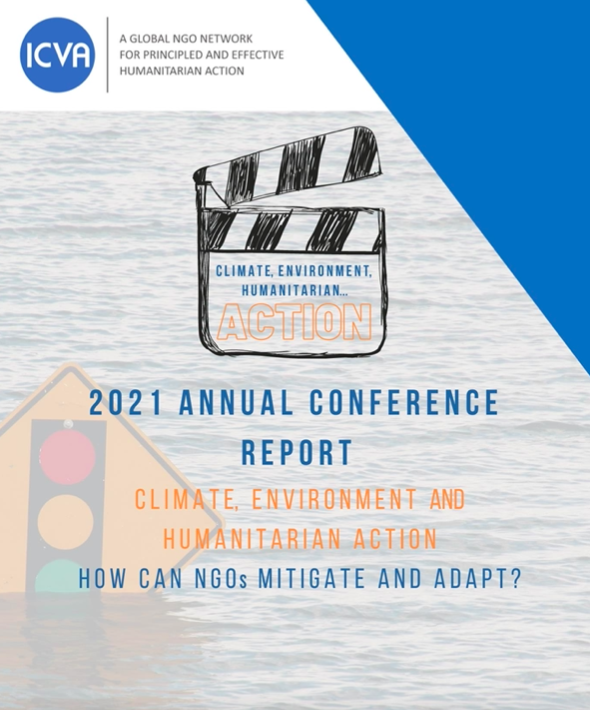

ICVA is a global network of non-governmental organisations whose mission is to make humanitarian action more principled and effective by working collectively and independently to influence policy and practice.
International Council of Voluntary Agencies
NGO Humanitarian Hub,
La Voie-Creuse 16, 1202, Geneva, Switzerland
Email: secretariat@icvanetwork.org
A curation of monthly updates, latest news, tools, and events around forced migration, coordination, financing, and cross cutting issues all sent straight to your inbox.